
West African Resources has submitted an alternative proposal to the government of Burkina Faso after authorities requested a larger stake in the Kiaka Gold Mine, one of the country’s most significant new gold operations. The company confirmed that the government, through the state-owned mining arm SOPAMIB, had requested an increase in its equity beyond the standard 15 per cent free-carried interest already guaranteed under Burkina Faso’s revised mining code. That request immediately raised concerns among investors about the potential for resource nationalism. This trend has been growing across West Africa as governments seek to exert greater control and generate higher revenues from natural resource projects.
Kiaka, which entered production earlier in 2025, is central to West African Resources’ expansion plans. The company expects the mine to contribute to a gold output of between 290,000 and 360,000 ounces this year, forming the backbone of its longer-term ambition to reach up to 500,000 ounces annually by 2030. For Burkina Faso, the project is also strategically important. Gold is the country’s biggest export, and with security pressures, shrinking state revenues, and rising social needs, the government is increasingly pushing for a larger share of the industry’s profits.
Instead of agreeing to a straightforward equity increase that could dilute its stake and potentially weaken the financial structure underpinning the project, West African Resources has proposed an alternative plan. According to the company, this approach would deliver broader national benefits by boosting government participation across its wider mining portfolio, including new projects and some previously closed mines, rather than concentrating the shift solely on Kiaka. The company argues that this model would increase state revenue without destabilising its commitments to lenders, shareholders, and ongoing operational plans.
Negotiations remain sensitive. West African Resources’ shares were briefly suspended on the Australian Securities Exchange earlier this month as the company sought clarity over the government’s intentions. While the government has stressed that additional equity is optional under the mining code, officials have also signalled a strong preference for a deeper national stake, reflecting a broader policy direction that favours greater local control of strategic assets.
What happens next will be closely watched across the region. Burkina Faso has become a focal point in West Africa’s evolving debate over resource control, and the outcome of the Kiaka talks may shape investor confidence at a time when the mining sector is already under pressure from security challenges and geopolitical uncertainty. Both sides are continuing discussions in search of a compromise that protects the country’s economic interests while preserving the viability of one of its most important new gold projects.
About The Author
Related Articles
Tinubu Follows Gumi’s Lead as Nigeria Signs Turkey Defence Deal, Fueling Speculation Over Who Really Controls the Country’s Security Policy
Nigeria’s diplomatic and security strategy is once again under scrutiny after a...
ByWest Africa WeeklyJanuary 28, 2026Burkina Faso President Ibrahim Traoré Reviews 2025 Achievements, Sets Ambitious Agenda for 2026
Burkina Faso’s President, Ibrahim Traoré, has described 2025 as a year of...
ByWest Africa WeeklyJanuary 28, 2026Mali Says Reports of New Three-State Sahel Currency Are False but Talks Continue on Economic Integration
Mali’s government has rejected claims that it and its neighbours, Burkina Faso...
ByWest Africa WeeklyJanuary 28, 2026CBN Upgrades Opay, Moniepoint, Kuda and Others to National Licences
The Central Bank of Nigeria has upgraded the operating licences of several...
ByWest Africa WeeklyJanuary 28, 2026


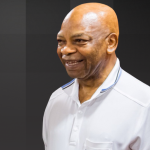
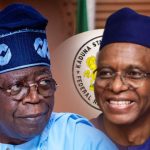
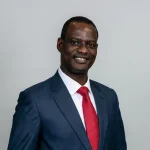
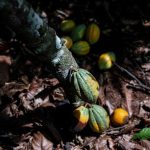
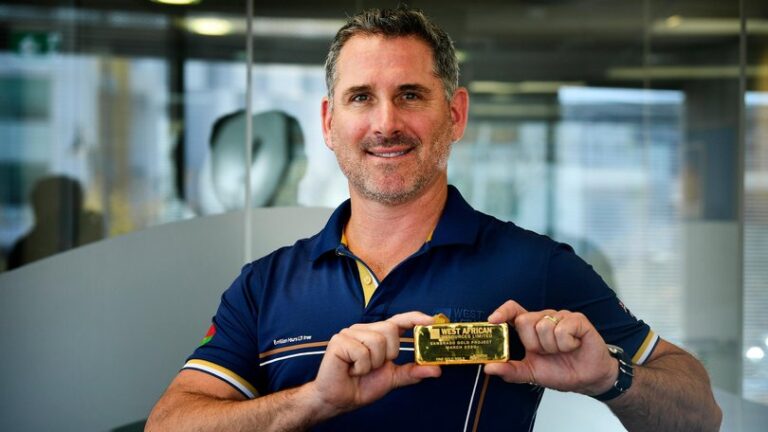
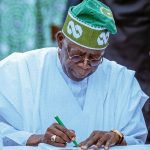

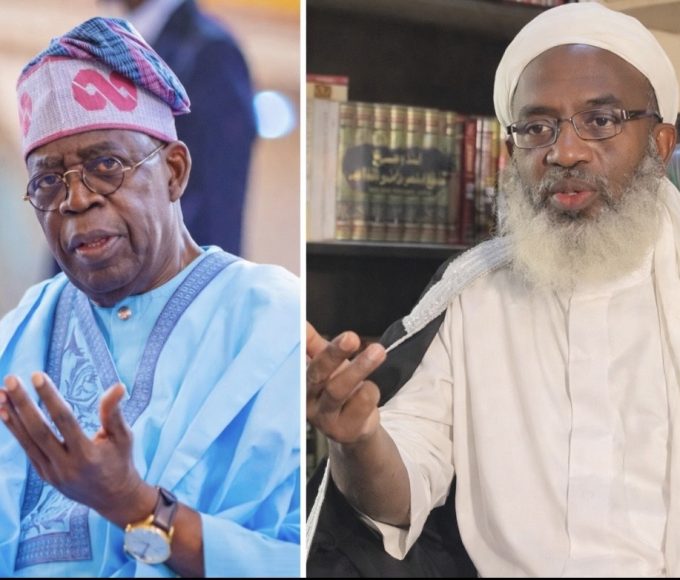

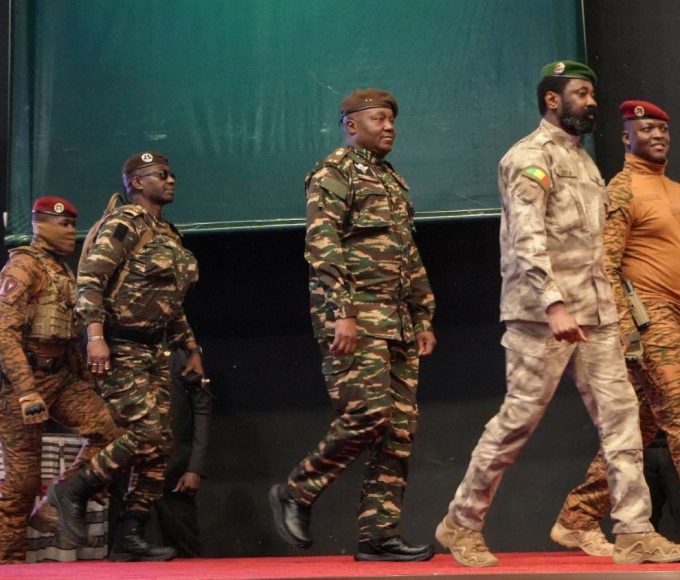
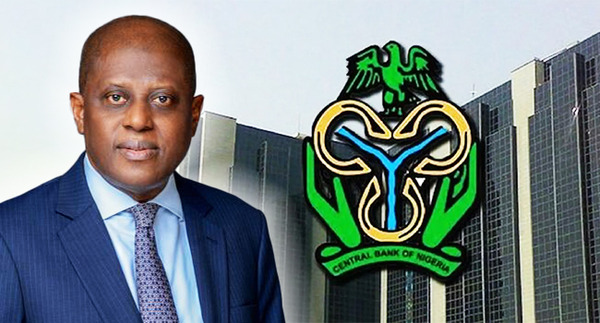
Leave a comment